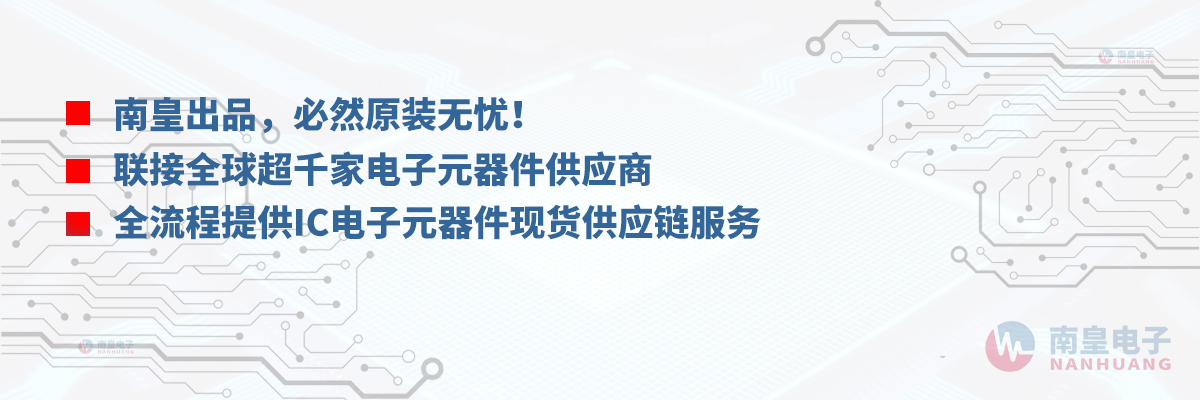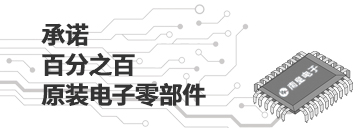

SN74AVC24T245是TI公司的一款方向控制电压转换产品,SN74AVC24T245是具有可配置电压转换和 3 态输出的 24 位双电源总线收发器,本页介绍了SN74AVC24T245的产品说明、应用、特性等,并给出了与SN74AVC24T245相关的TI元器件型号供参考。
SN74AVC24T245 - 具有可配置电压转换和 3 态输出的 24 位双电源总线收发器 - 方向控制电压转换 - 电压电平转换 - TI公司(Texas Instruments,德州仪器)
- Control Inputs VIH/VIL Levels Are Referenced to VCCA Voltage
- VCC Isolation Feature — If Either VCC Input Is at GND, All Outputs Are in the High-Impedance State
- Overvoltage-Tolerant Inputs/Outputs Allow Mixed-Voltage-Mode Data Communications
- Fully Configurable Dual-Rail Design Allows Each Port to Operate Over Full 1.2-V to 3.6-V Power-Supply Range
- Ioff Supports Partial-Power-Down Mode Operation
- I/Os Are 4.6-V Tolerant
- Latch-Up Performance Exceeds 100 mA Per JESD 78, Class II
- ESD Protection Exceeds JESD 22
- 8000-V Human-Body Model (A114-A)
- 200-V Machine Model (A115-A)
- 1000-V Charged-Device Model (C101)
DESCRIPTION/ORDERING INFORMATION
This 24-bit noninverting bus transceiver uses two separate configurable power-supply rails. The SN74AVC24T245 is optimized to operate with VCCA/VCCB set at 1.4 V to 3.6 V. It is operational with VCCA/VCCB as low as 1.2 V. The A port is designed to track VCCA. VCCA accepts any supply voltage from 1.2 V to 3.6 V. TheB port is designed to track VCCB. VCCB accepts any supply voltage from 1.2 V to 3.6 V. This allows for universal low-voltage bidirectional translation between any of the 1.2-V, 1.5-V, 1.8-V, 2.5-V, and 3.3-V voltage nodes.
The SN74AVC24T245 is designed for asynchronous communication between data buses. The device transmits data from the A bus to the B bus or from the B bus to the A bus, depending on the logic level at the direction-control (DIR) input. The output-enable (OE) input can be used to disable the outputs so the buses are effectively isolated.
The SN74AVC24T245 is designed so that the control pins (1DIR, 2DIR, 3DIR, 4DIR, 5DIR, 6DIR, 1OE, 2OE, 3OE, 4OE, 5OE, and 6OE) are supplied by VCCA.
This device is fully specified for partial-power-down applications using Ioff. The Ioff circuitry disables the outputs, preventing damaging current backflow through the device when it is powered down.
The VCC isolation feature ensures that if either VCC input is at GND, then both ports are in the high-impedance state.
To ensure the high-impedance state during power up or power down, OE should be tied to VCCA through a pullup resistor; the minimum value of the resistor is determined by the current-sinking capability of the driver.






